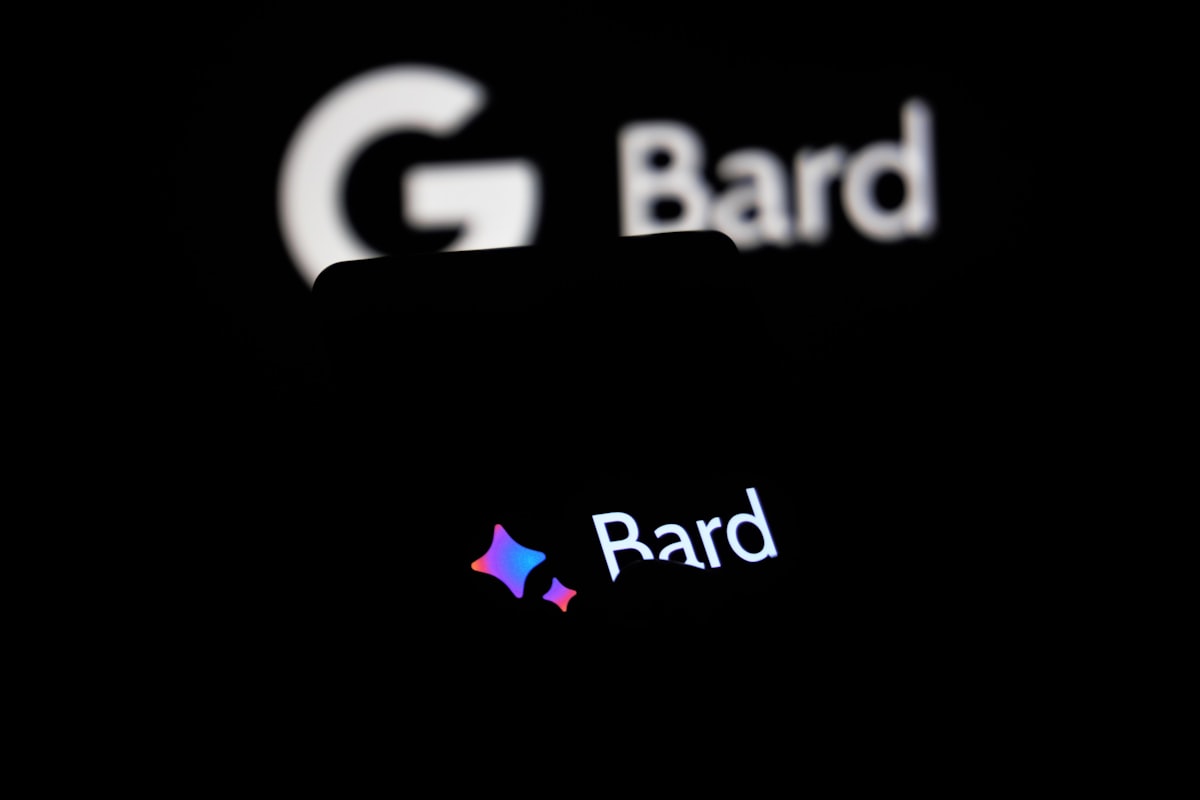Google to Restrict Bard and AI-based Search Responses for Election Queries
This decision by Google comes amid growing concerns about the impact of AI on the spread of misinformation and the manipulation of public opinion, especially within political contexts.

Tech giant Google announced plans on Tuesday to impose limitations on the types of election-related queries that its AI-based chatbot, Bard, and search generative experience can provide responses to. The restrictions, anticipated to be enforced by early 2024, are aimed at curbing the potential influence of artificial intelligence (AI) in disseminating election-related information in the lead-up to the 2024 U.S. Presidential election, according to report by Reuters.
Beyond the American election, 2024 foresees a series of significant elections globally, including the national elections in India, recognized as the world's largest democracy, and in South Africa, among others. Google highlighted its intention to focus more on comprehending the role that AI might play in serving voters and election campaigns worldwide.
This decision by Google comes amid growing concerns about the impact of AI on the spread of misinformation and the manipulation of public opinion, especially within political contexts. To address these concerns, Meta, the parent company of Facebook, recently declared its stance in November by prohibiting political campaigns and advertisers in regulated industries from using its new generative AI advertising products. Additionally, Meta mandated that advertisers disclose the use of AI or other digital techniques when altering or creating political, social, or election-related advertisements on Facebook and Instagram.
Governments worldwide have been actively advocating for the regulation of AI to address potential threats it poses, particularly concerning the spread of misinformation. The European Union is set to introduce new regulations compelling major tech firms to transparently label political advertising on their platforms. These rules will demand clear disclosure of the advertisement's funding source, expenditure details, and targeted elections.
As tech companies grapple with the intricacies of AI influence in political contexts, these measures aim to foster more responsible and transparent use of AI and technology in election-related content dissemination. The efforts underscore a collective drive toward enhancing transparency and accountability in the digital landscape, especially in critical contexts such as political information dissemination.




